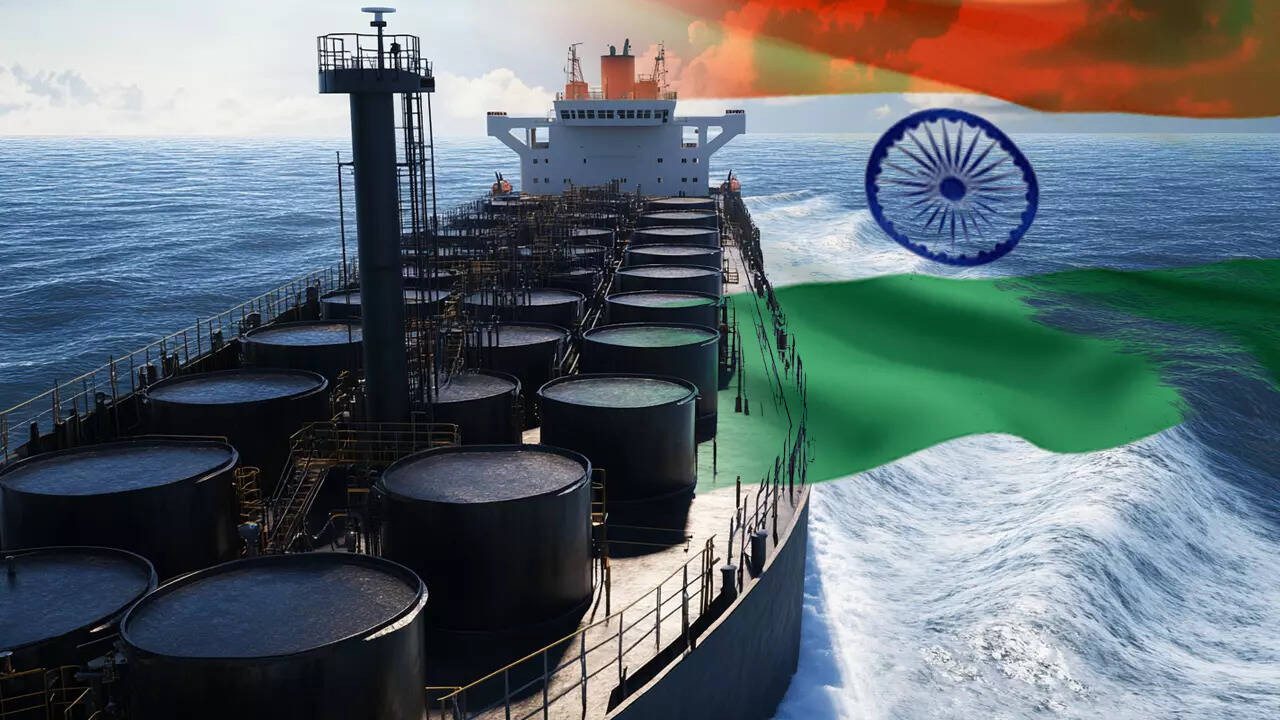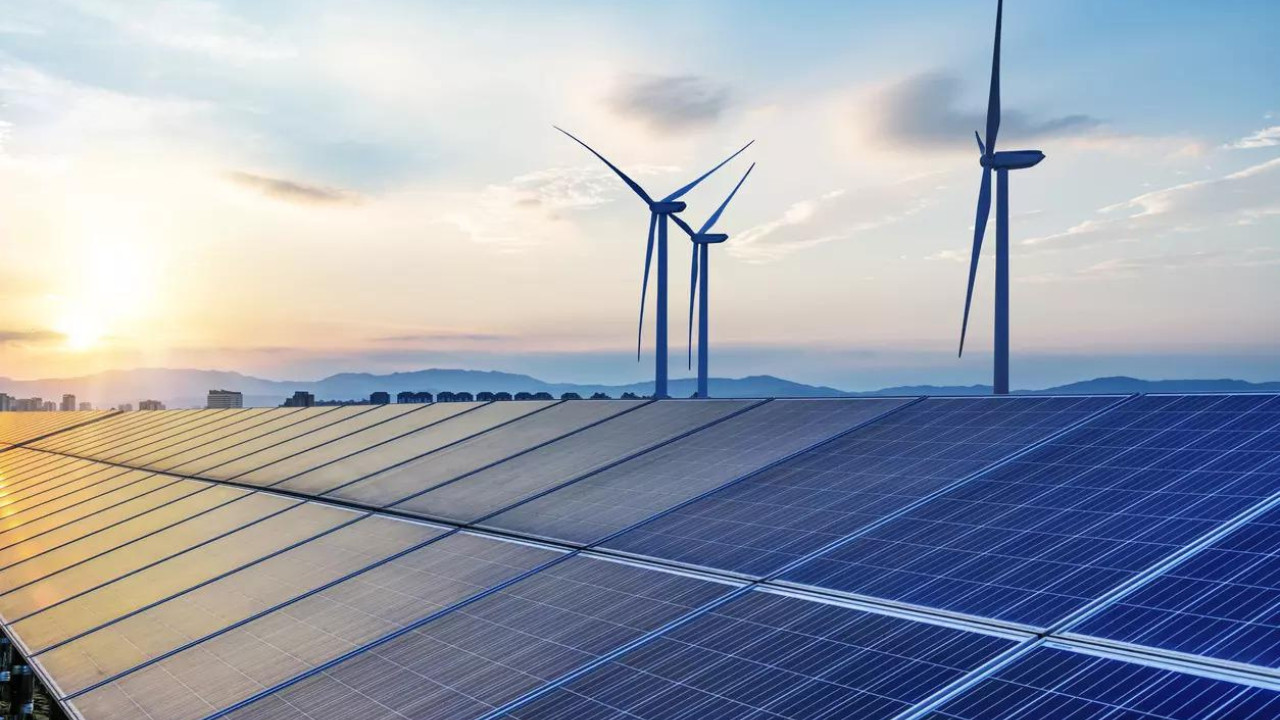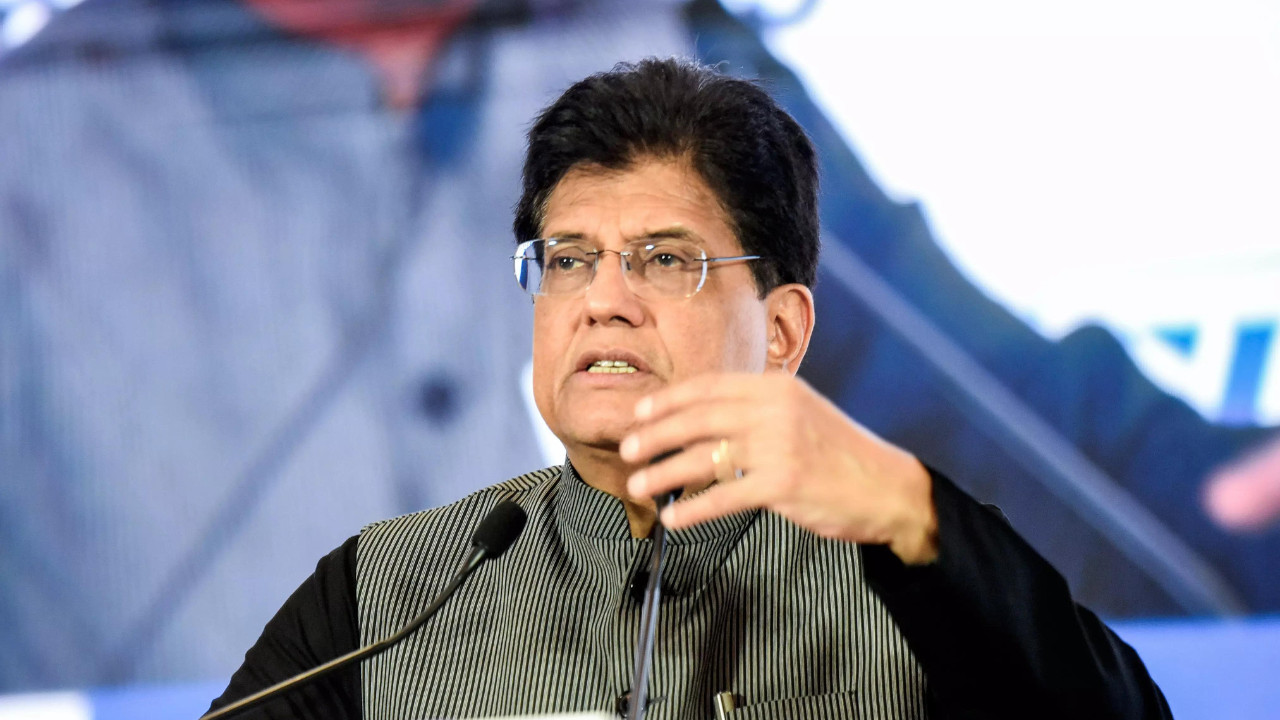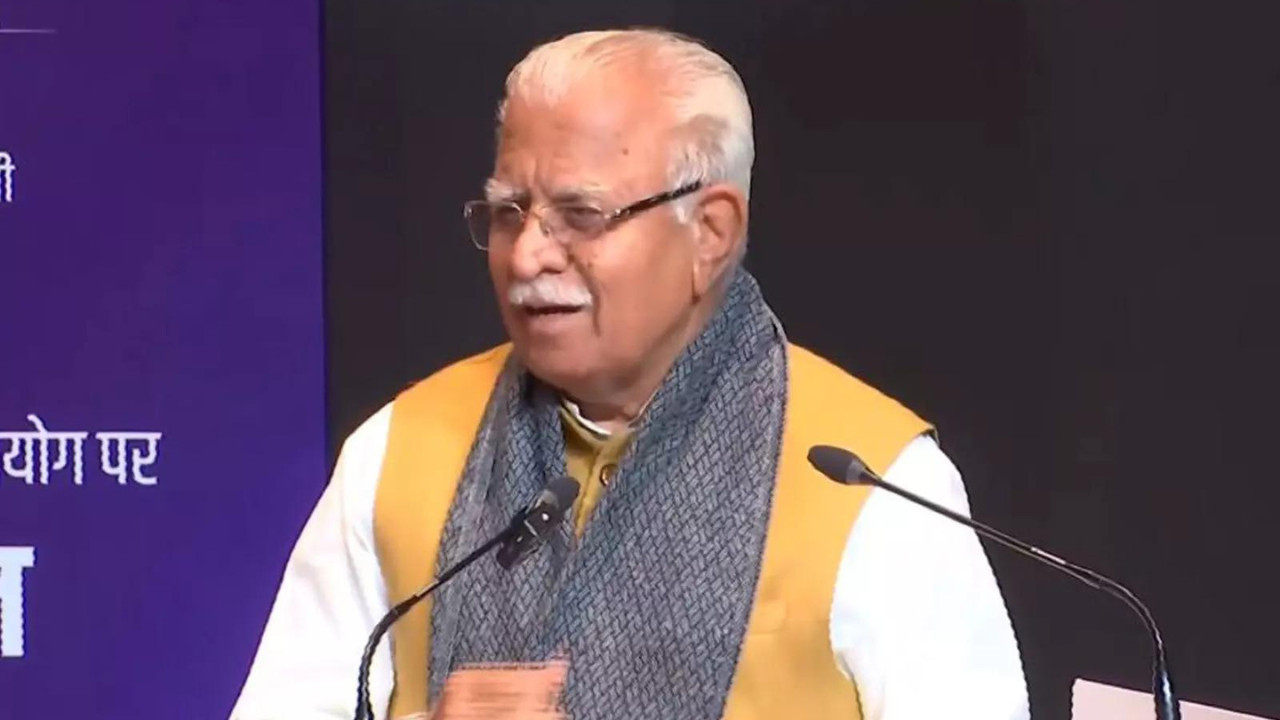Global shipping firms and petroleum traders are reportedly avoiding Nayara Energy, an Indian refiner, following recent EU sanctions linked to its significant stakeholder, Rosneft. Several vessels, including the Talara and Chang Hang Xing Yun, have altered course or cancelled bookings with Nayara.
India’s Oil Market Faces Choppy Waters: How EU Sanctions Are Reshaping Trade Flows
The global oil market is never static, but lately, the currents have been particularly turbulent. India, a major energy consumer, finds itself navigating these shifts as EU sanctions on Russia continue to ripple outwards, impacting not only global supply chains but also the strategies of shipowners and oil traders. The tremors are being felt particularly strongly by those dealing with Nayara Energy, an Indian company with significant Russian backing.
The Nagging Question: Will Sanctions Hit Indian Oil Imports?
The initial assumption was that India, with its burgeoning energy needs, would continue to import Russian crude relatively unfettered, acting as a vital outlet for Russian oil displaced from European markets. And, indeed, Indian refineries have been significant purchasers of discounted Russian crude since the initial sanctions were imposed.
However, the plot has thickened. European Union sanctions, designed to constrict Russia’s financial lifeline, are having unintended consequences, forcing shipowners and traders to reassess their partnerships. The core issue lies in the ownership structure of Nayara Energy, which includes Russian oil giant Rosneft.

Shipowners Steer Clear of Nayara Energy
The latest development sees shipowners increasingly hesitant to transport crude oil to Nayara Energy’s Vadinar refinery. This hesitancy stems from the fear of running afoul of the EU’s increasingly stringent sanctions regime. Even if the final destination is India, the association with Rosneft is proving to be a red flag.
This caution isn’t just about direct violations; it’s about reputational risk and the potential for future complications. Insurance companies, for instance, are becoming more wary of covering shipments linked to sanctioned entities, driving up costs and adding another layer of complexity. The result? Fewer ships willing to carry crude destined for Nayara Energy.
Oil Traders Rethink Their Strategies
The impact extends beyond just shipping. Oil traders, too, are re-evaluating their relationships. Those with significant exposure to European markets are particularly sensitive. They simply can’t afford to jeopardize their access to European financing or risk being blacklisted for dealing with entities even tangentially linked to sanctioned Russian companies.
This has triggered a scramble to diversify supply chains and find alternative sources of crude. The implications for Nayara Energy are significant. If it becomes consistently difficult to secure crude shipments, the refinery’s throughput could be affected, impacting India’s overall energy security.
How India’s Economy is Affected by Oil Sanctions
The situation highlights the complex balancing act India faces. On one hand, the country needs to secure affordable energy to fuel its economic growth. Russian crude, offered at a discount, has been a tempting option. On the other hand, India also wants to maintain positive relationships with Western powers and avoid being perceived as circumventing international sanctions.
The current scenario isn’t necessarily a crisis, but it is a wake-up call. It underscores the need for India to further diversify its energy sources, explore alternative partnerships, and strengthen its own domestic energy production capabilities. India must become less dependent on specific suppliers or vulnerable to the geopolitical shifts that can disrupt global trade. You can read more about this on our analysis of India’s renewable energy goals.
The Road Ahead for India’s Oil Sector
The coming months will be crucial. We can expect to see continued volatility in the market, with shipowners and traders closely monitoring the evolving sanctions landscape. The actions of the Indian government, as well as Nayara Energy’s response to these challenges, will be pivotal. Will they seek to restructure ownership to alleviate concerns? Will they aggressively pursue alternative supply chains?
The answer to these questions will determine how India navigates these choppy waters and ensures its energy security in an increasingly complex global environment. One thing is certain: the EU sanctions on Russia are having a far-reaching impact, reshaping trade flows and forcing everyone in the oil market to adapt.







